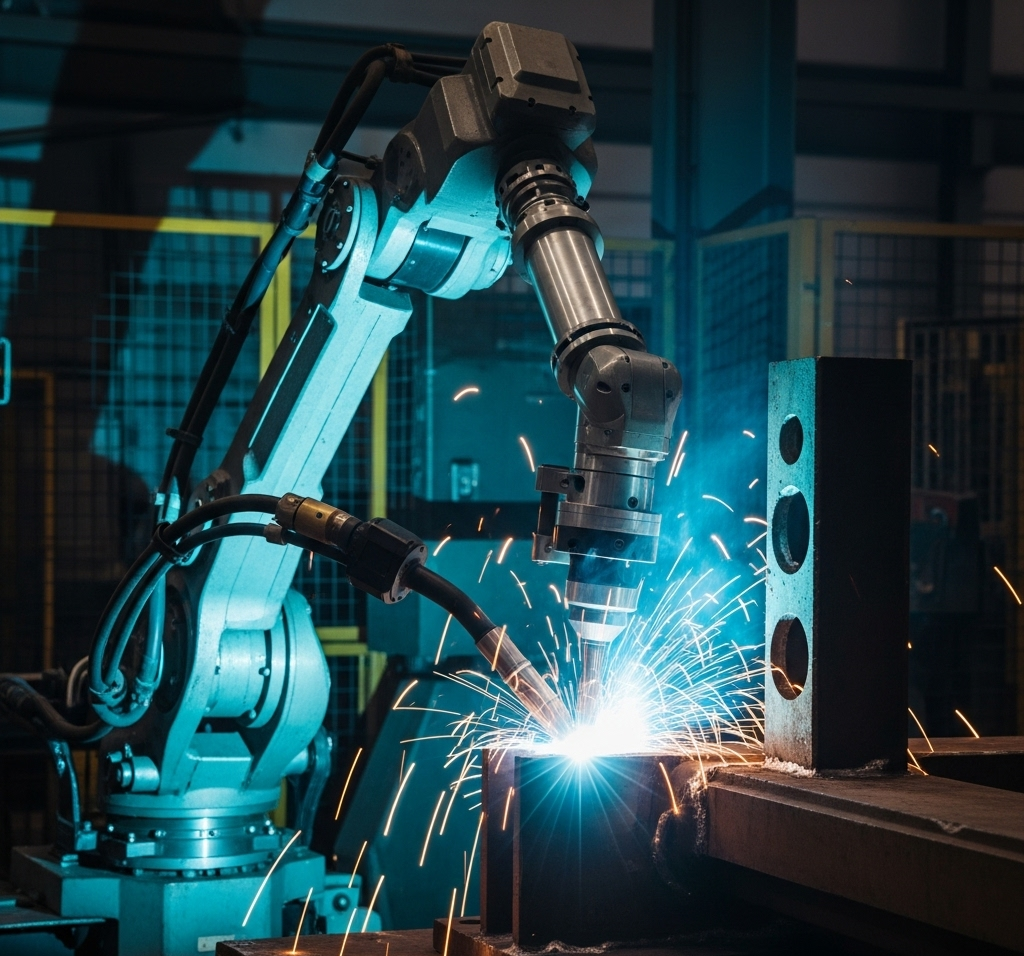
The advent of Industry 4.0 has transformed the manufacturing landscape, and the fabricated metals industry is no exception. With smart factories, automation, and data-driven decision-making at the core of this revolution, procurement plays a pivotal role in enabling and sustaining these advancements. By aligning strategies with Industry 4.0 principles, procurement ensures that fabricated metals manufacturers remain competitive, efficient, and innovative. Here’s how procurement supports Industry 4.0 in this sector.
Industry 4.0 emphasizes the use of cutting-edge technologies like additive manufacturing (3D printing), robotics, and advanced alloys. Procurement teams are tasked with sourcing high-quality, specialized materials that meet the precise requirements of these technologies. For instance, 3D printing in fabricated metals often requires powders with specific particle sizes and compositions. Procurement ensures a reliable supply chain for these materials, partnering with suppliers who can deliver consistent quality and traceability to support automated production processes.
A hallmark of Industry 4.0 is the interconnected, digital supply chain. Procurement leverages technologies like the Internet of Things (IoT), blockchain, and cloud-based platforms to enhance visibility and collaboration with suppliers. By integrating digital tools, procurement teams can monitor supplier performance in real-time, track raw material availability, and predict supply chain disruptions. For example, IoT-enabled sensors can provide data on inventory levels, allowing procurement to optimize stock and reduce waste in metal fabrication processes.
Automation is a cornerstone of Industry 4.0, and procurement plays a critical role in sourcing the equipment, software, and services needed to implement it. This includes procuring robotic systems, CNC machines, and AI-driven quality control tools tailored to fabricated metals manufacturing. Procurement teams foster long-term partnerships with vendors who provide not only hardware but also ongoing support, software updates, and training to ensure seamless integration into smart factories.
Industry 4.0 thrives on data, and procurement is increasingly data-driven. By utilizing advanced analytics and artificial intelligence, procurement teams can analyze supplier performance, market trends, and material costs to make informed decisions. For instance, predictive analytics can help procurement anticipate price fluctuations in raw materials like steel or aluminum, enabling better contract negotiations and cost savings. This data-centric approach aligns with the smart manufacturing ethos of Industry 4.0.
Sustainability is a key focus of Industry 4.0, and procurement supports this by sourcing eco-friendly materials and working with suppliers who prioritize sustainable practices. In fabricated metals manufacturing, this might involve procuring recycled metals or partnering with suppliers who use energy-efficient production methods. Procurement also facilitates circular economy initiatives by ensuring that scrap metal is efficiently collected and reused, reducing waste and aligning with Industry 4.0’s emphasis on resource optimization.
The dynamic nature of Industry 4.0 requires procurement to be agile and responsive. By building flexible supplier networks, procurement teams can quickly adapt to changes in demand, technology, or market conditions. For example, in fabricated metals manufacturing, where custom orders are common, procurement ensures that suppliers can deliver small-batch, high-precision materials on short notice, supporting just-in-time manufacturing and reducing inventory costs.
Industry 4.0’s interconnected systems introduce new risks, such as cybersecurity threats and supply chain vulnerabilities. Procurement teams mitigate these risks by vetting suppliers for compliance with cybersecurity standards and ensuring robust contracts that address data protection. Additionally, procurement diversifies the supplier base to avoid over-reliance on a single source, ensuring continuity in the face of disruptions like geopolitical issues or natural disasters.
Procurement is the backbone of Industry 4.0 in fabricated metals manufacturing, bridging the gap between cutting-edge technologies and operational success. By sourcing advanced materials, integrating digital tools, fostering strategic partnerships, and promoting sustainability, procurement enables manufacturers to fully embrace the smart, connected, and efficient future of Industry 4.0. As the industry continues to evolve, procurement’s role will only grow in importance, driving innovation and competitiveness in the fabricated metals sector.
© 2025 Lasso Supply Chain Software LLC
Get instant access to our report on the Top Procurement Trends of 2025 by filling out the form below.

Get instant access to our report on the Top Procurement Trends of 2025.